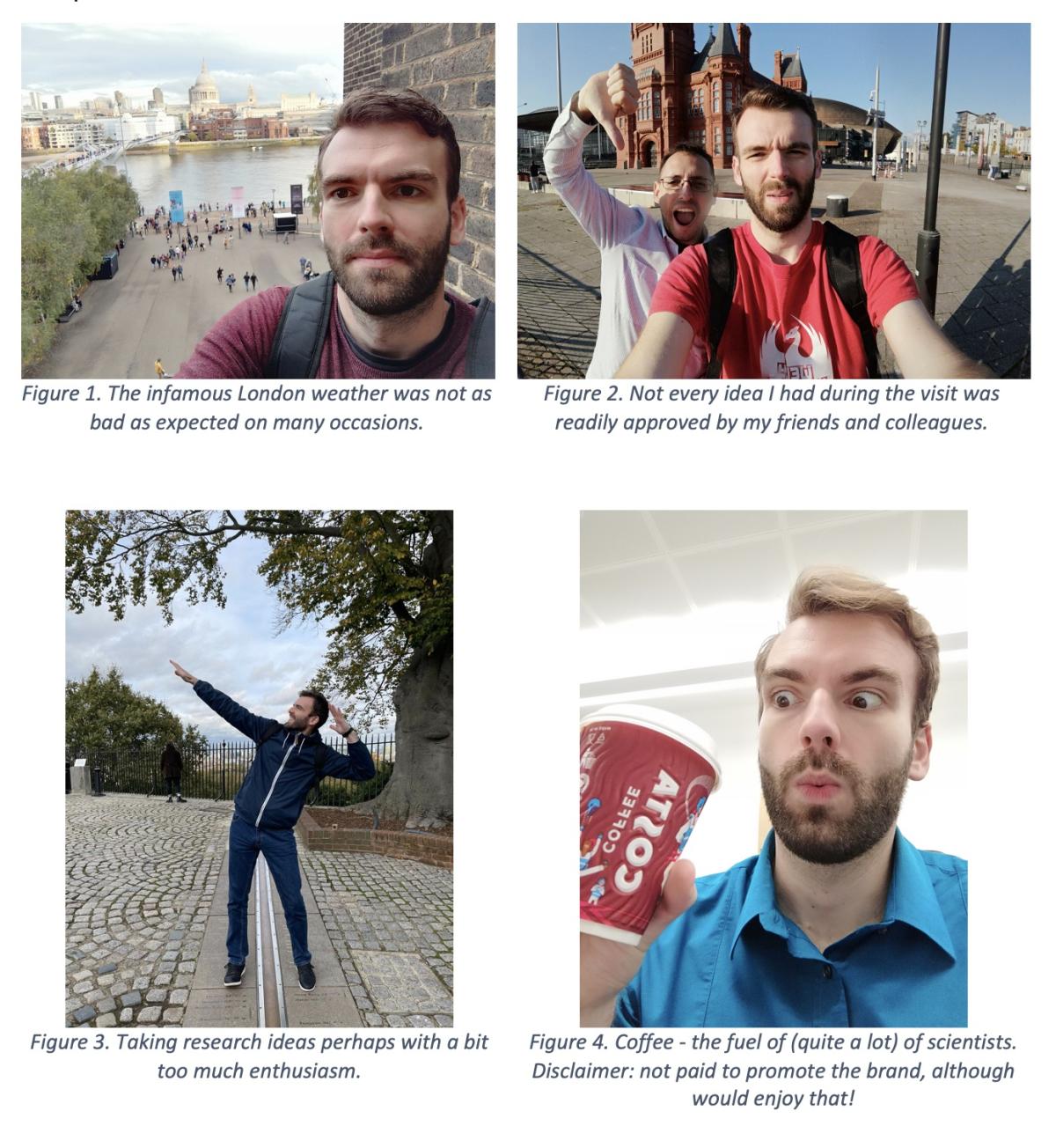HPC-Europa3 mission-possible: 11 weeks at Imperial to model heterojunctions of copper oxides and stay covid-free
24 May 2022
Aleksandar Živković, a post-doc in the Department of Earth Sciences at Utrecht University, reports on his HPC-Europa3 research visit to the Department of Chemistry at Imperial College London.
"Halfway through my postdoc at Utrecht University I decided to apply for an HPC-Europa3 visit to the group of Professor Nicholas Harrison at Imperial College London (ICL). Together with Dr Giuseppe Mallia we drafted a proposal to study the heterointerface between copper oxide compounds and understand the effect of lattice mismatch on their structural and electronic properties for potential photo-responsive applications. Despite the fact that these materials have been studied for decades, their exact band alignment, interface strain or atomic structure in the contact region, just to name a few, remain vastly unresolved. The expertise and know-how at ICL provided the perfect framework to study the outlined phenomena.
Indeed, applying for a transnational research visit in the middle of an ongoing pandemic does not sound like the easiest route one may take. However, I did not want to miss the opportunity to participate in such a programme as I heard many success stories coming from it and I knew that I am stubborn enough to endure the drawbacks. There were numerous, mostly in the form of dates being pushed back, unclear travel rules or difficulties with getting travel clearance from both sides, but the team at EPCC and especially Catherine Inglis were extremely helpful and kind to enable the visit to take place.
Once I arrived, everything fitted into place and the wait started to pay off. As one of the largest cities in the world was slowly easing its way out of lockdown, it was a challenge to work my way around various means of transport and what “does not work yet but should re-open soon.” During the first several weeks, there were a few isolated souls (including myself) on the whole of the computational floor at ICL, but that was changing at a steady pace almost every week. Masks and social distancing were the norm but developing a routine again of working in the office felt refreshing compared to the previous months. Meeting new colleagues and discussing relevant scientific ideas in person was positively stimulating compared to video calls and emails.
Everyone who has worked with Nic and Giu will be nodding affirmatively when I say what a positive experience it was to collaborate with them. They were very professional and insightful, at the same time friendly and always up for a laugh. In terms of work, we set up weekly meetings to discuss progress, deal with arising issues, and debate opportunities to expand the initial ideas. We started by testing various combinations of basis sets, exchange correlation functionals, and other parameters to describe the two systems in an accurate fashion. However, cupric oxide, the strongly-correlated system with unpaired spins and peculiar magnetic arrangement always seemed to fall out of any story where we tried to assign it the leading role. Up to date, not all question marks are solved, but we learned a great deal about the material and are in the wrap-up stage of the initial project idea. Needless to say, if it had not been for the HPC-Europa3 computational resources provided on ARCHER2, this project would not have been feasible to a large extent. Also, a big thanks to Dr William Lucas, who helped immensely with making sure things are running smoothly on the cluster and dealing with issues such as memory leaks or node failures.
In many ways, this visit was a unique experience, not only research-wise. It is no news that accommodation in London is tricky to find or too expensive, so I stayed in a room in a private house rather than in university halls. Sharing the living space with two local Londoners (greetings to June and Graham) opened up a large door to learning about the English culture through first-person experiences, stories, and local community customs. I was also fortunate enough to meet new people outside of my work environment with whom I could enjoy a cup of coffee (at Costa, of course), a walk along the Thames, or visit one of the numerous London museums. It also does good to speak to someone distant from academia or research so that you are immediately pushed out of your comfort zone where words like “electronic structure”, “HPC cluster”, or “Fortran compiler” resonate very little with the other person. Keeps your feet on the ground - I’d recommend it.
As I hope is obvious from the above, this research visit came to me at the exact right time and place and has enriched me not only scientifically but moreover personally. Many contacts I made will hopefully stay for a long time and some of them potentially turn into future fruitful collaborations. As I was told, in the same manner I would pass on the information about a fantastic opportunity that the HPC-Europa3 programme offers to build an international network in a stress-free way and express my support for future funding schemes like this one. Until then, stay safe."

